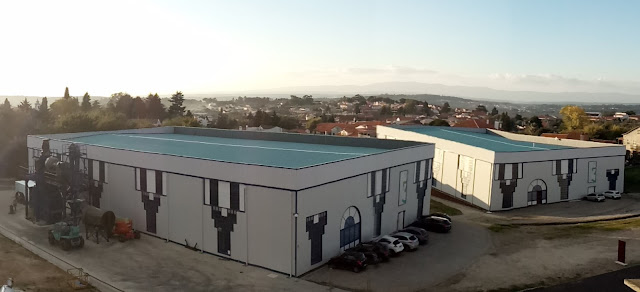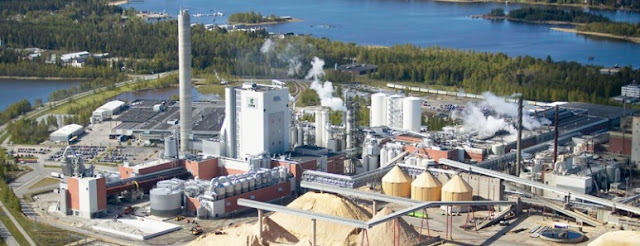Mater-Biotech plant

Nombre / Name Planta Mater-Biotech / Mater-Biotech plant Empresa / Company Novamont Localización / Location Bottrighe, polo industrial de Adria en la provincial de Rovigo (Italia) / Bottrighe, Adria industrial area in the province of Rovigo (Italy) Categoría / Category Comercial / Commercial Estado / Status Operación / Running Plataformas / Platforms Azúcares C5/C6 y biogás / C5/C6-sugars and biogas Materia prima / Raw material Azúcar (jarabe de glucosa producido por Cargill). Se está estudiando el uso de azúcar derivado de biomasa lignocelulósica. / Sugar (glucose syrup produced by Cargill). Use of sugar derived from ligno-cellulosic biomass under study. Producto / Product 1,4-butanodiol / 1,4-butanediol (BDO) Puesta en marcha / Start-up 18 de julio de 2016 / July 18 th , 2016 Inauguración oficial / Official opening 30 de septiembre de





